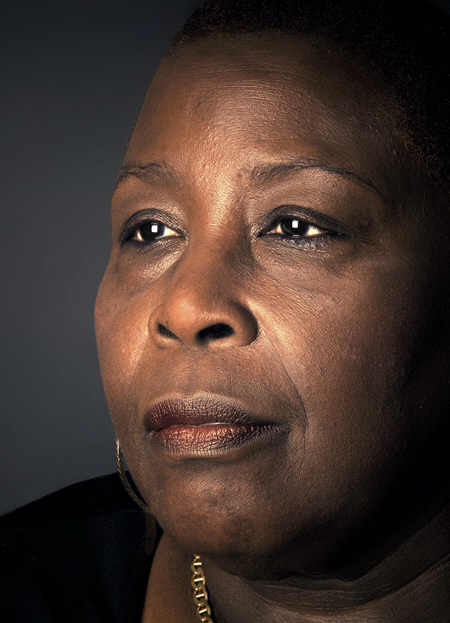 Standing in a Liminal Space
Standing in a Liminal Space
Moving forward isn’t easy as you consider the pain of the past and fear of the future. You find yourself standing at the edge of the past and all that’s lost, knowing it’s time to move forward. But the future seems so uncertain and filled with so many unknowns.
How is moving forward even possible? It feels like you’re in a holding pattern.
How will you get grounded and land in a safe place?
“The word liminal comes from the Latin word limen, meaning threshold – any point or place of entering or beginning. A liminal space is a time between the ‘what was’ and the ‘next.’ It is a place of transition, a season of waiting, and not knowing.”
– in liminal space.org
Grief can happen on so many levels.
Life Transitions are non-death forms of grief.
Grief occurs when ending something and moving on to something new. You wonder why the sadness as you face the future that should be bright and bring you more joy than you’re feeling. While standing at the threshold of the comfort you knew (even pain), you feel the discomfort of the future (with much anticipation).
It’s scary. You yearn for the past and what you left behind. Moving forward is something you want to do – but how will you? How do you leave the past behind? What if things don’t work out for you? What if things go wrong?
Liminal moments can happen with non-death loss. You may be in a liminal space because of a geographic move, retirement, starting a new job, divorce, marriage, or graduation. It seems you can’t shut off the memories of the past.
What you’re feeling is normal. You’re not crazy. But you need to talk through this state of ambiguity as it’s causing you some discomfort.
 Death is another Life Transition.
Death is another Life Transition.
There are also liminal spaces when someone dies. Loss is loss, whether it be a pet, a baby, a parent, a spouse, a friend, etc.
What you feel is real. You may feel numb, jittery, and a little off-balance. Loss can create a lack of joy or make you feel the loss physically (i.e., a stomachache). As a result of that loss, you may find it hard to focus and concentrate. You may even experience anger.
“Shouldn’t I be past this grief now?”
The tears are tiring, but it’s hard to fight the difficult emotions you’re feeling.
It’s difficult facing the reality that the future you looked forward to with the one you lost was a dream.
Kubler-Ross – Stages of Grief
According to Kubler Ross, there are five stages of grief:
Denial – In this stage, the world becomes meaningless and overwhelming. Life makes no sense. We are in a state of shock and denial and go numb. We wonder how we can go on, and if we can go on – why should we go on? We try to find a way to get through each day. Denial and shock help us cope and make survival possible. Denial protects you for a while, but eventually, the feelings you are denying will surface.
Anger – The truth is that anger has no limits. Anger could extend to your friends, family, yourself, loved ones who died, or even God. You may ask, “Where is God in this? The anger is just another indication of the intensity of your love.
Bargaining – After a loss, bargaining may take the form of a temporary truce. It may sound like, “Maybe if I devote my life to helping others, I’ll awake and realize this was just a bad dream.” We would do anything to have that lost one restored. We started wondering if there was anything different that we could have done to prevent this. Bargaining gives way to guilt as we find fault in ourselves and what we could have done differently. Bargaining can keep us stuck in the past, trying to negotiate a way out of the pain we feel.
Depression – Depression can feel like emptiness as the pain gets even deeper. With this depression, you feel like isolating. You may feel like you’re in a fog of intense sadness and wondering what’s the point in going on without your loved one.
Acceptance – Many mistakenly think of acceptance as “all right” or “OK” with what has happened. This stage is about accepting the reality that our loved one is physically gone and recognizing that this new reality is the permanent reality. Acceptance helps decrease emotional suffering as we recognize that the person is gone and will never return.
Grief takes time to overcome.
People frequently think that the stages of grief are short-lived. However, people tend to cycle in and out of the stages for a long time.
We do not enter and linearly leave each stage. We may feel one, then another, and back again to the first one.
Everyone’s experience with grief is different. You probably want to get through the acceptance stage quickly, but it’s not happening for you. You may find yourself at any of the stages at the most unpredictable times.
 Let me help lighten your load.
Let me help lighten your load.
I may not be able to lift the heaviness, but it helps to know someone is willing to sit with you through the pain. We can work to help you process the feelings that surface after the denial or allow you not to get stuck in the anger.
The techniques I use can help you accept the reality of the loss. I can provide tools to help you through those unpredictable times when grief strikes. Together, we can work on how to help you decrease isolation and reconnect with forming relationships again.
How about a new narrative? What might be your new narrative? We can discover what might be a new meaning you want to assign to the loss. Together, we can explore how you can refocus on yourself again and re-engage in self-care.
I will provide a place where you can share your grief and know it’s alright to do so. Talk it through if you want to talk, cry, or feel angry or confused.
Let’s work on exploring the new you as we process the loss together.
Give me a call.

